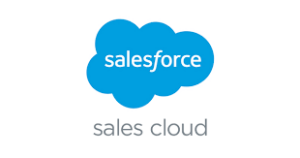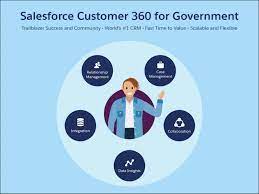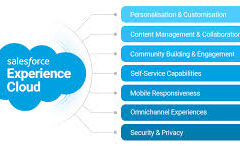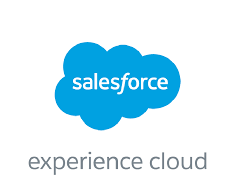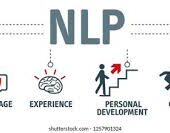
by Shannan Hearne, Tectonic Marketing Consultant
You have the flexibility to establish multiple sites within your organization, each serving distinct purposes, and seamlessly transition between them. Salesforce Experience Cloud is a set of functionality on the CRM platform enabling you to build branded digital experiences that are fully connected to your CRM. This online social platform lets you connect with customers, partners, and employees AND their data. Experience Cloud empowers you to:
Enhance Sales Connectivitywith Salesforce Experience Cloud:
- Foster increased sales by connecting your employees with distributors, resellers, and suppliers through Experience Cloud sites.
Deliver Exceptional Service:
- Provide world-class service by offering customers a centralized platform for obtaining answers and support.
Manage Events Effectively:
- Effectively promote upcoming events and manage social listening, content, engagement, and workflows—all consolidated in one place.
Salesforce Platform Integration with Salesforce Experience Cloud:
Experience Cloud builds upon elements within your primary Salesforce org, utilizing applications from the Customer 360 platform, including Commerce Cloud, Service Cloud, Sales Cloud, and Mulesoft. Your org setup, user creation, profiles, and data records all contribute to powering and populating your Experience Cloud site.
Utilize Platform Services:
Leverage platform services integrated with Salesforce for your Experience Cloud sites. These services, rooted in the Salesforce platform, encompass tools like Flow Builder, Process Builder, and Apex triggers and classes, extending functionality to various Salesforce products, including Experience Cloud.
Content Management with Salesforce CMS:
Salesforce CMS, a Lightning app within your Salesforce org, enables you to create, store, and manage content outside of your site. It serves as a shared resource, allowing seamless content integration across multiple apps and sites without the need for duplication.
Robust Security Measures:
Recognizing your site as a crucial face of your company, Experience Cloud provides tailored security approaches to address diverse access needs. Security settings are managed across multiple locations, including the Settings tile in Experience Workspaces, user permissions in your Salesforce org, and overall settings in Salesforce Setup.
Presentation Layer Customization:
The presentation layer, facilitated by Experience Builder templates and components, brings all elements together. You can choose how your site appears, addressing accessibility concerns, and personalize user experiences based on data from your Salesforce org.
Insightful Analytics:
Supervise and track user data with reports and dashboards through the Dashboard and Moderation tiles in Experience Workspaces. While Experience Cloud offers basic analytics tools, for comprehensive insights, consider implementing third-party tools like Google Analytics.

Responsive Site Development with Salesforce Experience Cloud:
Experience Cloud templates enable the creation of responsive sites, providing rich, branded spaces for customers and partners. Experience Builder allows non-coders to edit templates, add branding elements, include CMS content, and even create custom pages with components, offering a tailored and engaging experience.
With Experience Cloud you can reduce churn, generate advocacy, manage partner relationships, simplify app development and much more.



